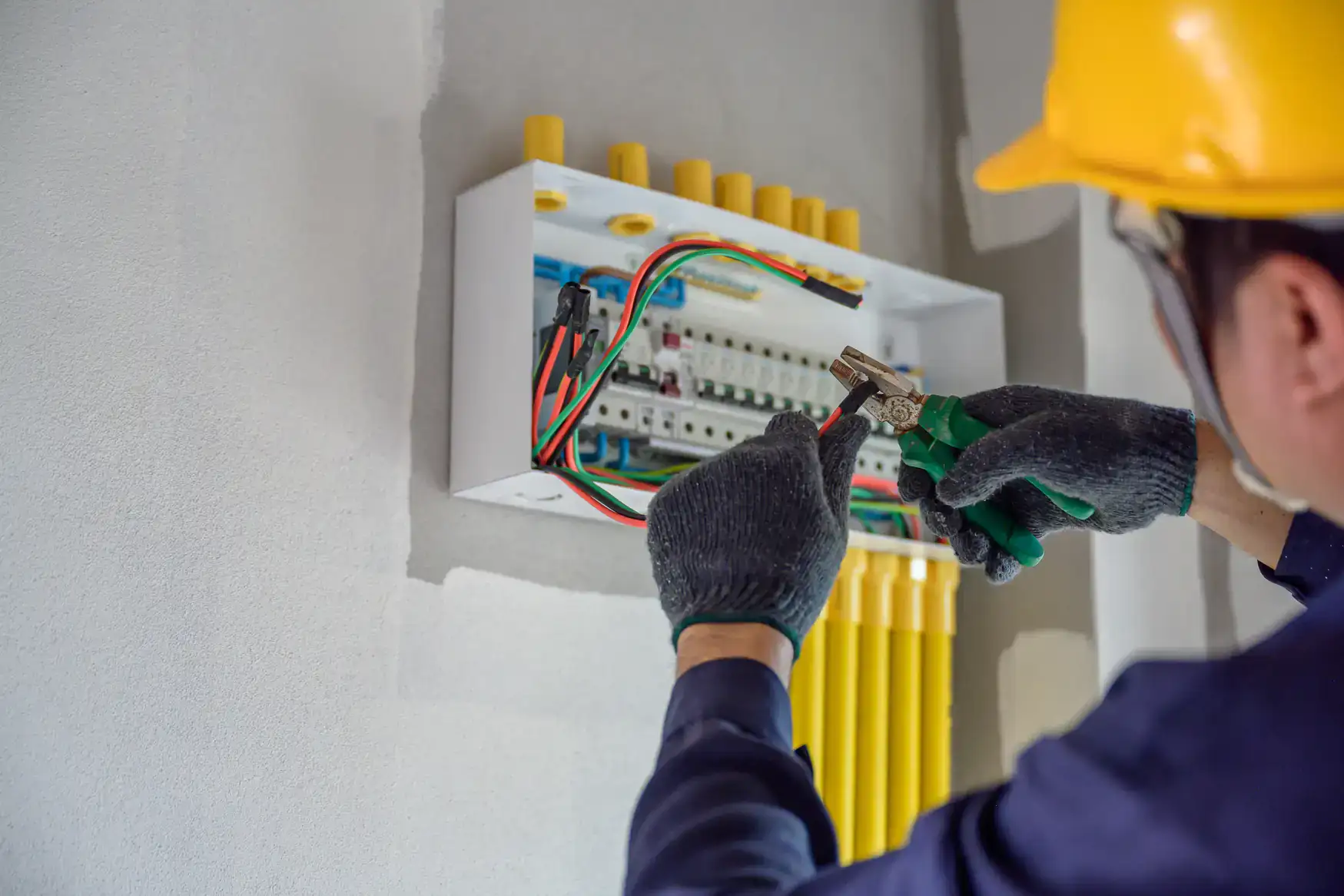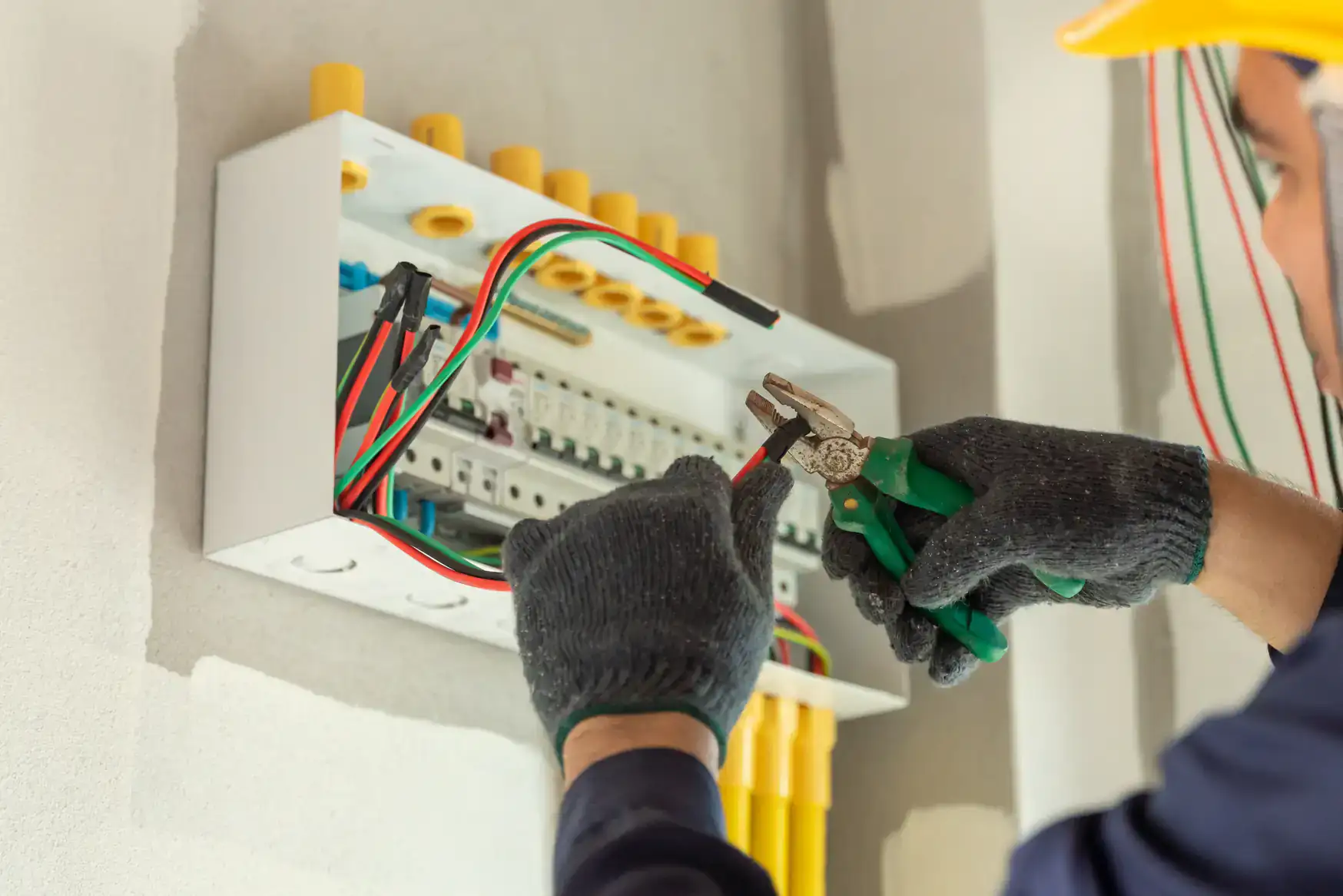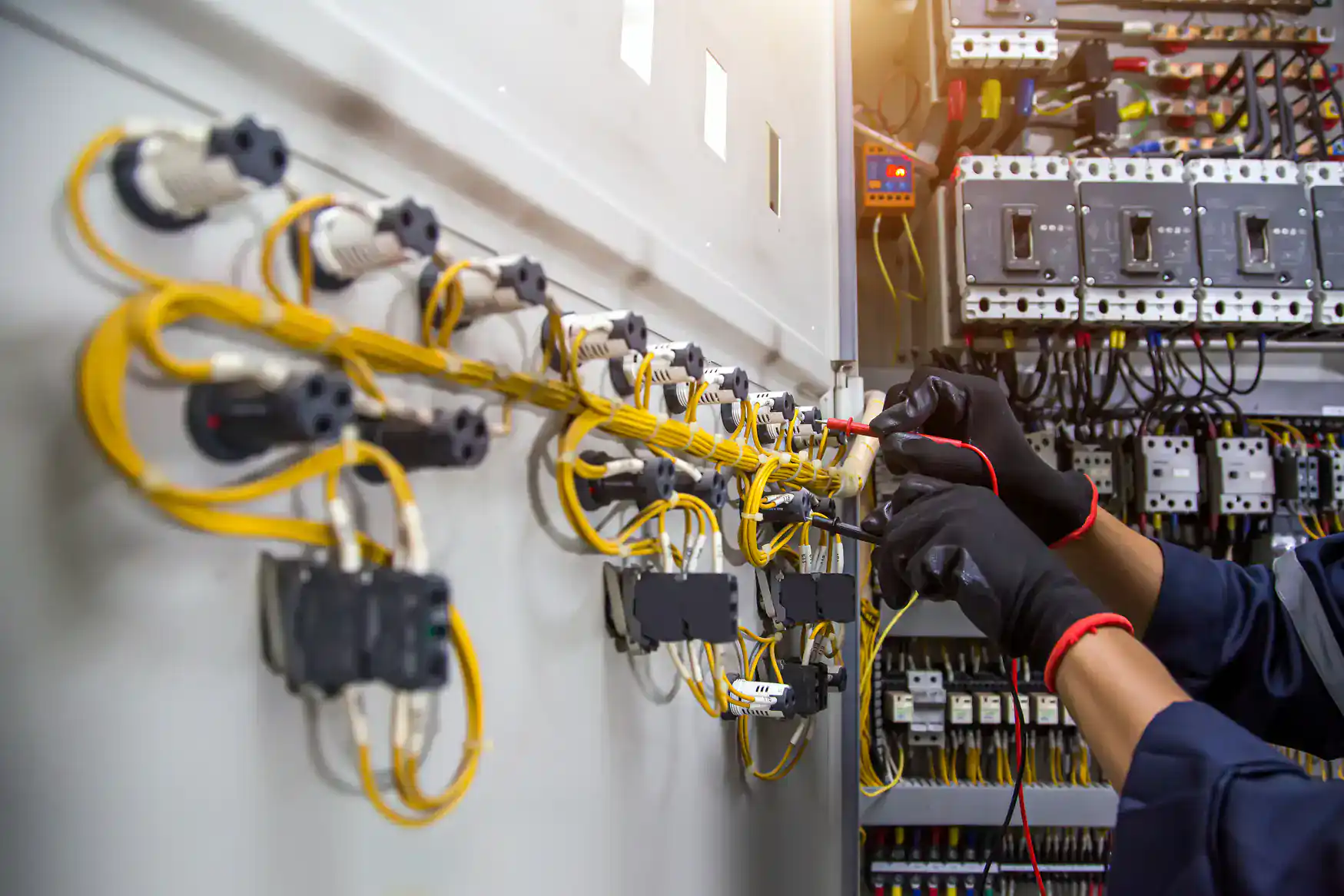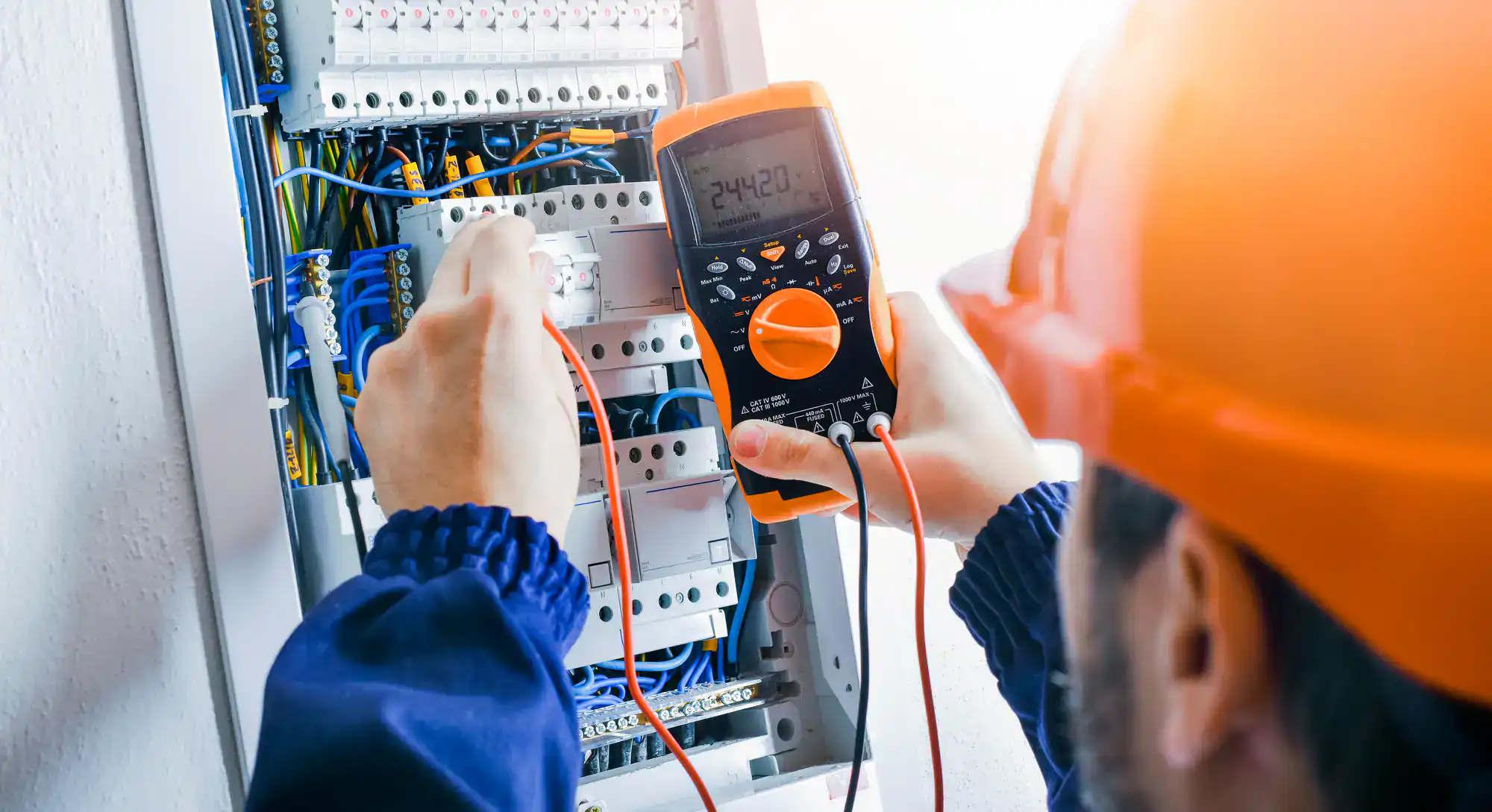When your electrical system needs to meet current codes, you need an electrician who knows Grundy County requirements inside and out.

Hear from Our Customers

Your electrical system will pass every inspection. No more worrying about code violations or safety hazards that put your family at risk.
You’ll have the peace of mind that comes from knowing a licensed professional handled your electrical work correctly the first time. Your home insurance stays valid, your property value protected, and your family stays safe from electrical fires and shock hazards.
When you need to sell your house or get permits for renovations, your electrical system won’t be the thing holding up the process.
We’ve been serving Grundy County residential customers for 25 years. We’re licensed, bonded, and insured professionals who specialize in emergency electrical repairs and code compliance work.
Unlike general contractors who dabble in electrical work, we focus exclusively on residential electrical service. We understand Grundy County’s specific requirements, including compliance with the 2018 International Residential Code and 2017 National Electric Code that local authorities enforce.
We offer discounts for military, first responders, seniors, teachers, new customers, and students because we believe everyone deserves safe electrical service.

First, we inspect your current electrical system to identify any code violations or safety concerns. You’ll get a clear explanation of what needs to be updated and why it matters for your safety.
Next, we handle all permit applications with Grundy County. No paperwork headaches for you – we know exactly what documentation the county requires and how to get approvals quickly.
Then we complete the electrical work using materials that meet or exceed current code requirements. Every connection is made properly, every safety device installed correctly. Finally, we coordinate the county inspection so you get your approval without delays.

Ready to get started?
Your electrical code update includes everything needed to bring your system into compliance with current Grundy County requirements. This means GFCI outlets in all required locations, properly grounded circuits, adequate electrical capacity for modern appliances, and panel upgrades when necessary.
With Illinois implementing statewide building codes effective January 1, 2025, getting your electrical system updated now puts you ahead of changing requirements. Grundy County already enforces the 2017 National Electric Code, which means your system needs modern safety features like arc-fault protection in bedrooms and proper grounding throughout.
You’ll also get documentation that proves your electrical work was done by a licensed professional, which protects your insurance coverage and property value. This paperwork becomes crucial when you’re selling your home or applying for renovation permits.
